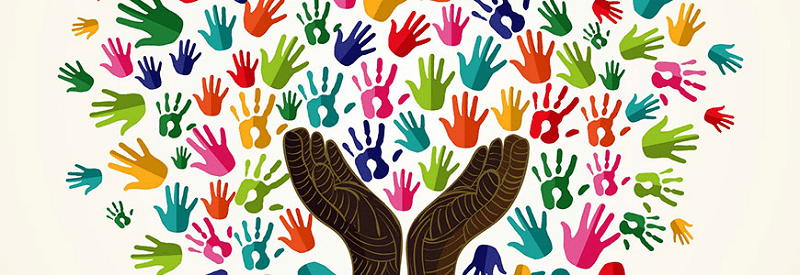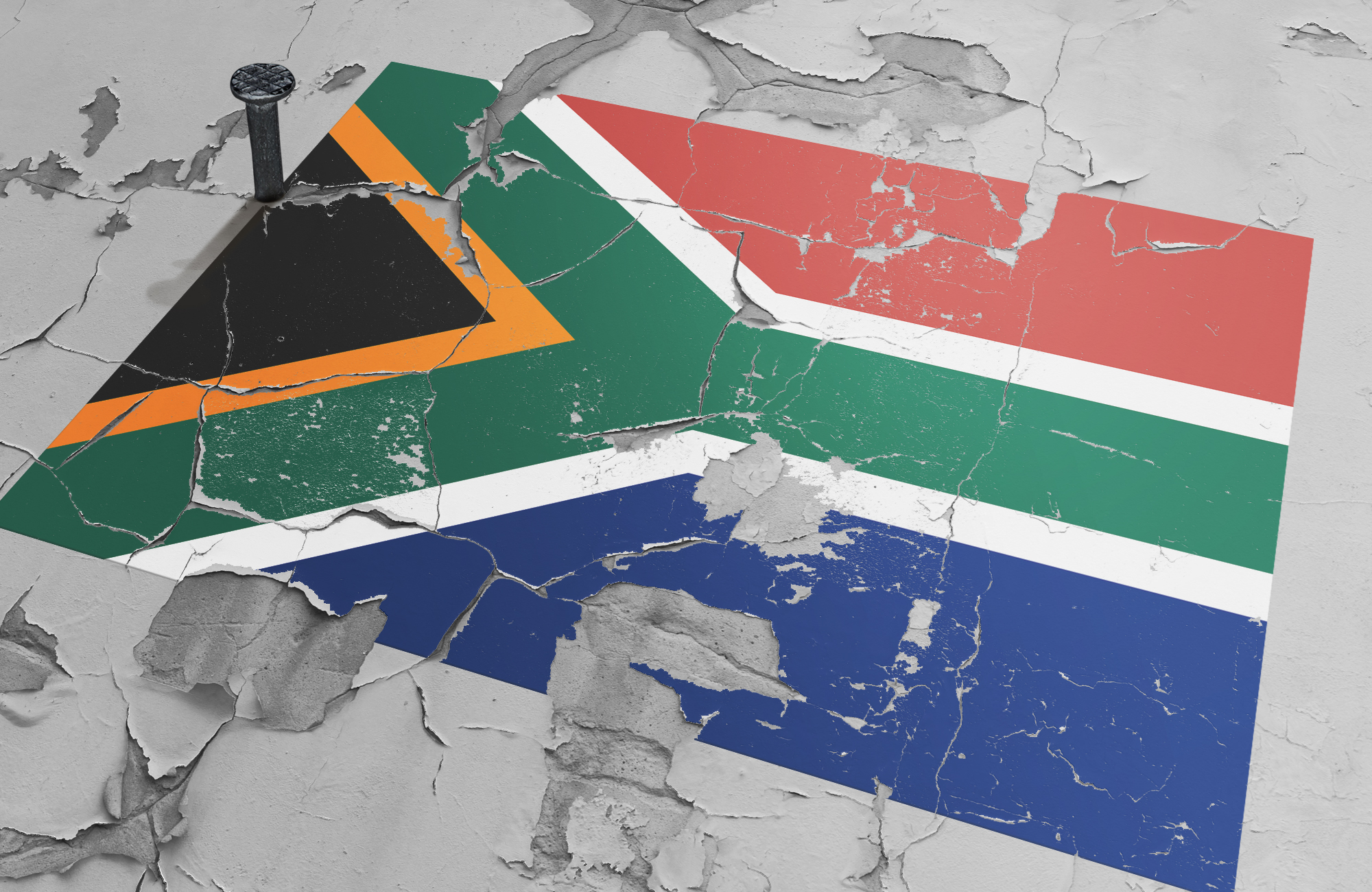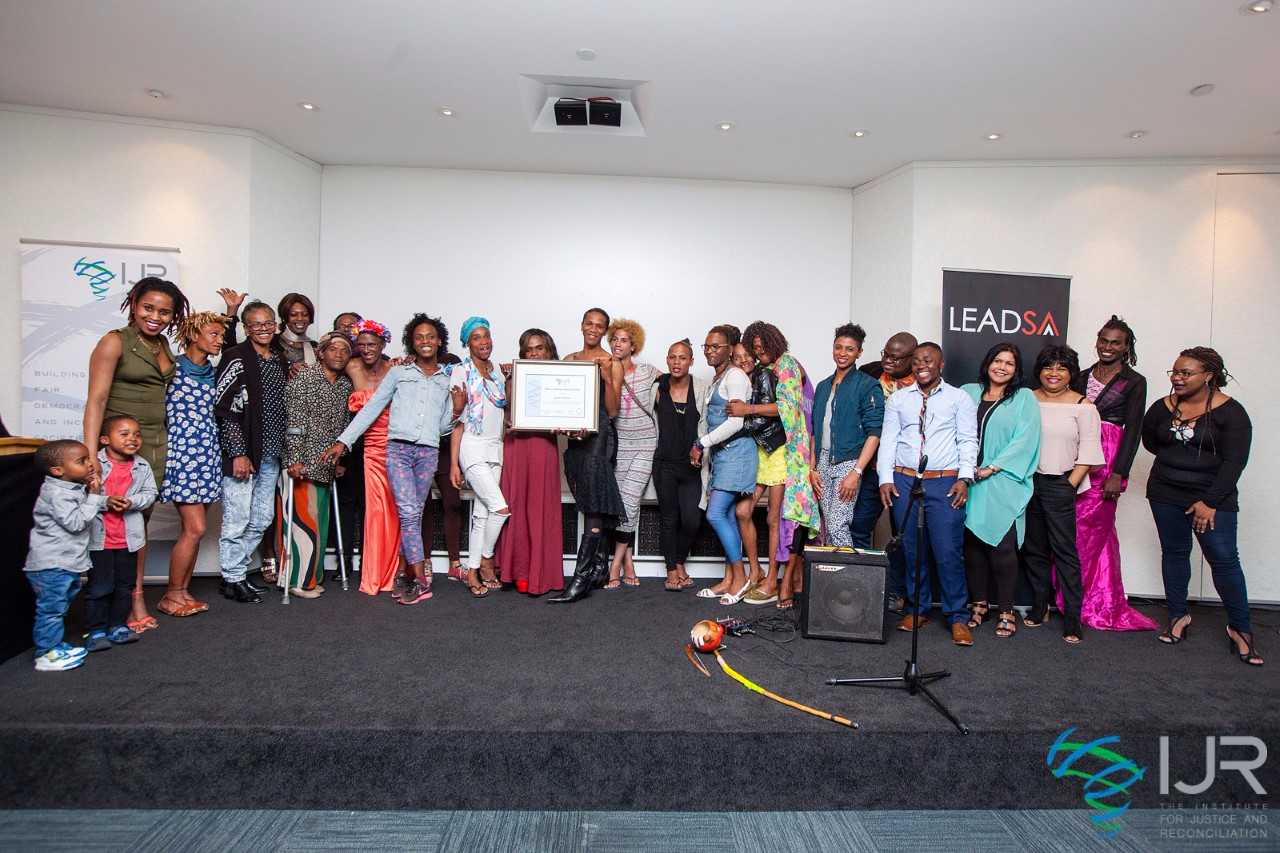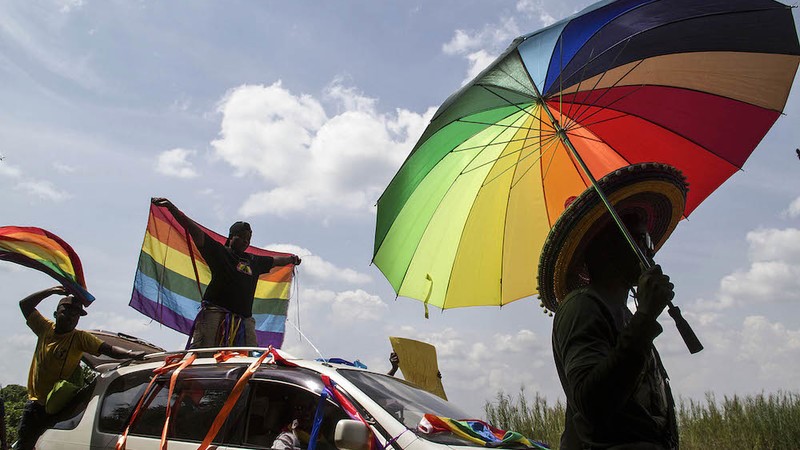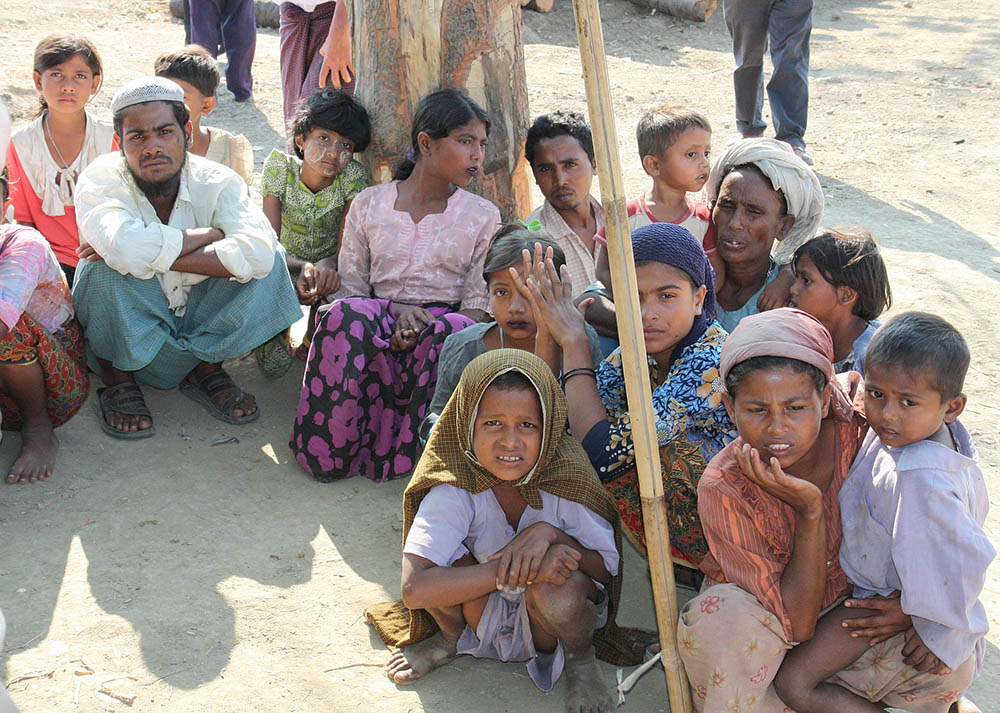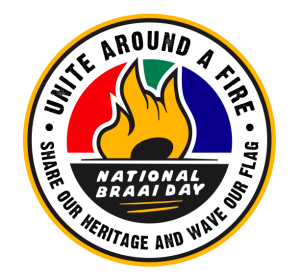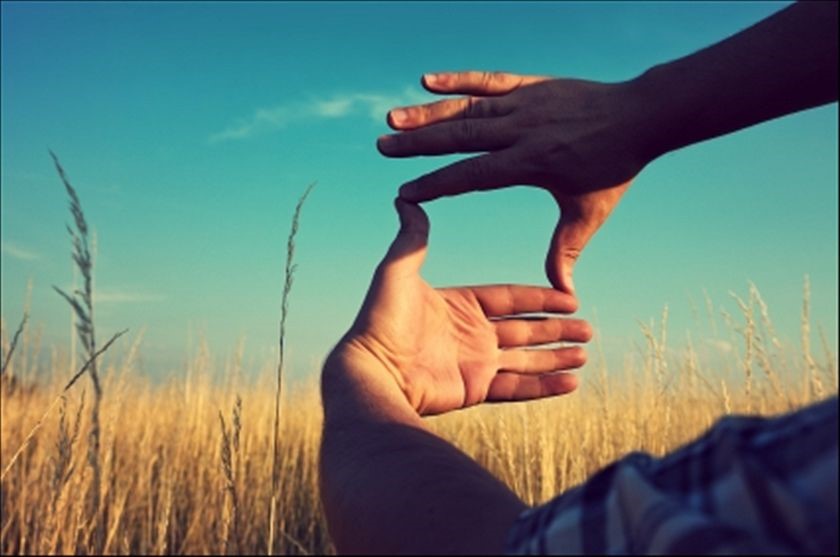Supporting civil society is an act of political justice
South Africa’s political system, especially at this point in time with the Gupta and state capture narrative surrounding the race ahead of the ANC’s elective conference in December, needs civil society voices like ours more than ever. Whether it is Ramaphosa, Dlamini-Zuma or a dark horse candidate, the systemic and structural factors like unemployment, impoverishment and wealth inequality won’t go away. IJR, together with the rest of civil and activist society, will continue to keep government accountable and do the hard work of healing woundedness through community building. IJR’s Executive Director, Stan Henkeman, writes on how you can lend a helping hand to help support civil society as an act of political justice.

